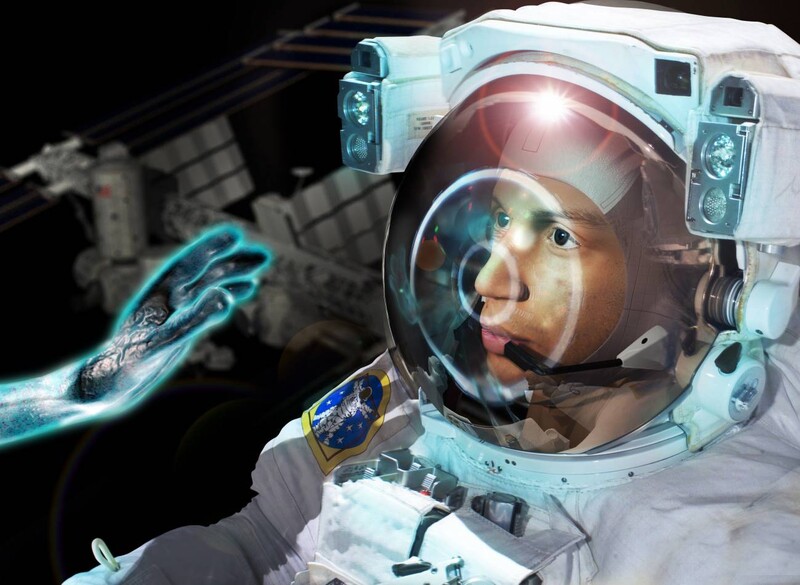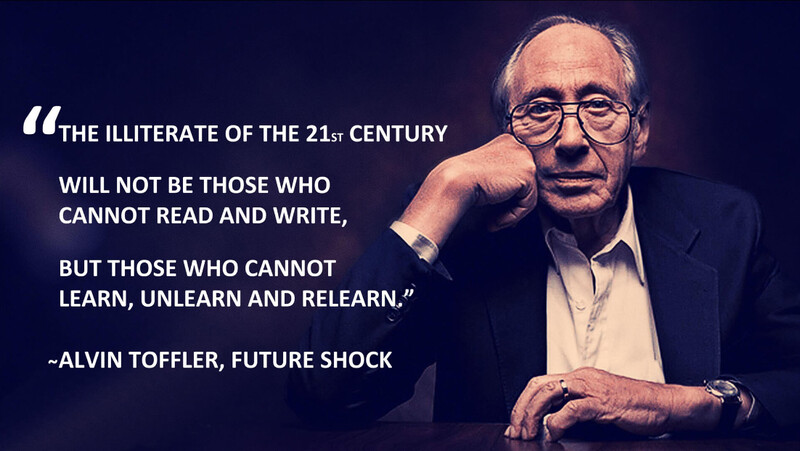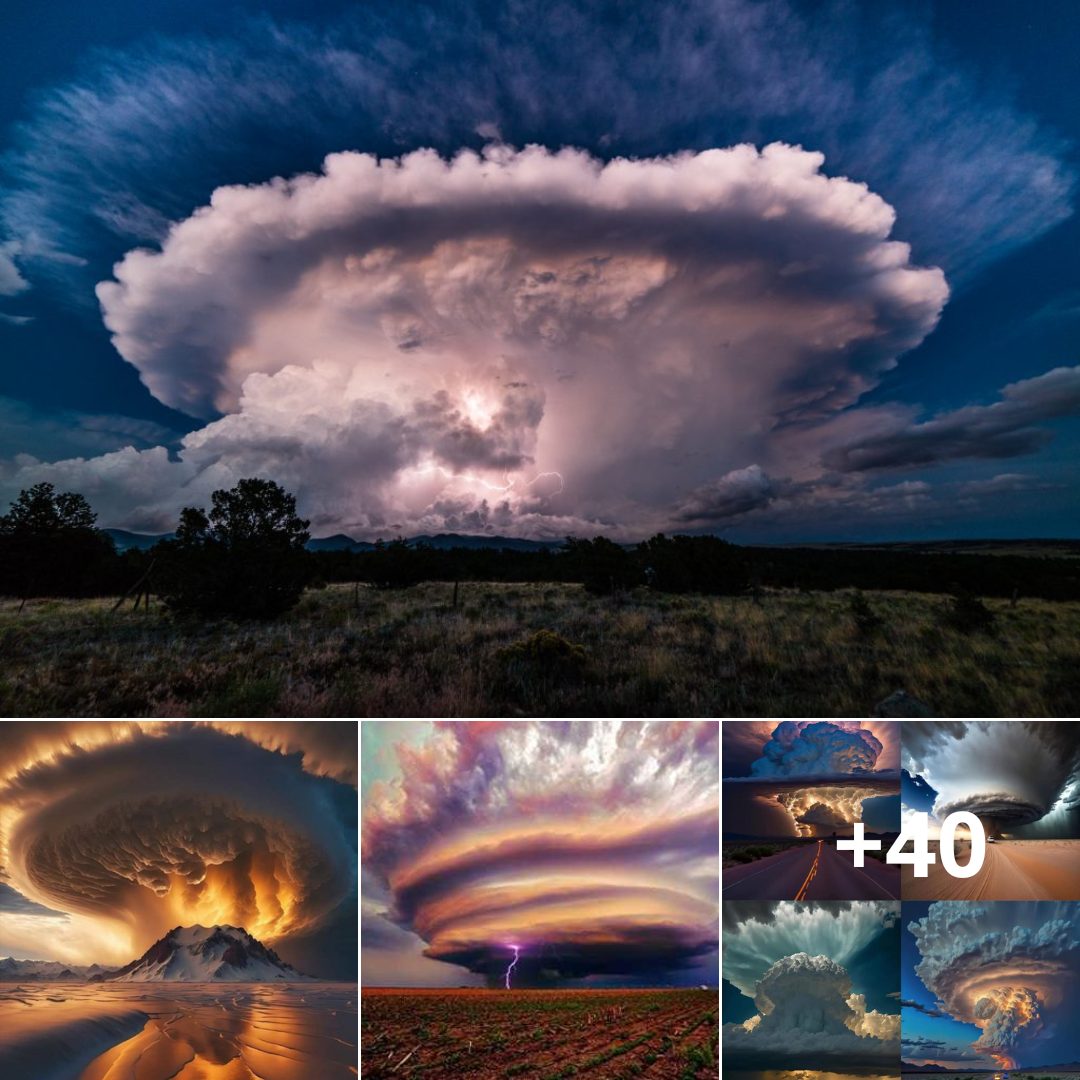Was the 45-year-old book by Alvin Toffler the solution to why aliens haven’t made direct contact with humans yet? Does the “Future Shock” discovery explain why the extraterrestrials flirt with us but don’t interact with us? Do they understand that too much reality too fast is too much for humans to handle? Would running into the alien hasten the arrival of the future?

Alvin Toffler, a writer, came up with a concept in 1970 that was so deep that its effects may still be seen today. Future shock is a state of uncertainty brought on by an incapacity to adapt to quick or abrupt change. It is “a bad individual and societal psychological condition,” as Toffler states so eloquently. When there is too much change in too little time, it happens.
It may be difficult for us to “take in” such complex knowledge and insight due to biological, cultural, and other limitations. Our capacity to perceive and reason is unnecessarily strained when we acquire too much “different” information too quickly. We would be afraid, and our judgment would deteriorate. We could even start acting irrationally as a result. Humans generally prefer the known and do not necessarily accept significant change. We lack the tools needed to deal with the cosmic.
By definition, running into alien life is running into the future. If they come here instead of having us visit them, they will immediately gain something. This implies that they are a race that is both old and futuristic. They are of the “future,” even though their evolution and history are far older than ours. Even the most sage brains will suffer from this worldview.

The past, the present, and the future would “collide” in ways that “aren’t yet intended to be” in an open contact act. It would be like living in the distant past or the far future to encounter the alien and see its technology and civilization. The ultimate disruption of time itself occurs when we encounter people who are older and more advanced than ourselves in the present. This is not how events should be developing.
Being propelled 100,000 years into the future to witness a planet that is older than our own would not be exciting or thrilling. The thought would be horrifying. It would be unlikely that we could handle this because of how rigid our wiring is and how rigid our thinking are. When faced with too much change, people struggle and fall apart. They could feel dissatisfied, envious, and powerless, as well as ostracized and left behind. They could become wary and frightened.
LEARNING ABOUT “FUTURE BEINGS”
Many individuals like thinking about, researching, and investigating UFOs. But many individuals would find the “thing” itself to be excessively disturbing. The majority of individuals would not want their family to be brought up in a UFO, despite the fact that most people can imagine them. We are comfortable thinking about extraterrestrials, but few would be bold enough to invite one to the dinner table.

We have a quaint idea of UFOs as being made of basic parts, but we are not yet able to comprehend their true nature as hypothetical future entities.
These aliens, or beings of the future, are probably aware of this. They are conscious of the drawbacks:
Knowing the extraterrestrial would mean that there are people that are older and more intelligent than mankind. They have already been there and done that. Our history is little and insignificant in contrast. We would quickly realize that we are not the center of the universe. Would we doubt or downplay our value and significance in the universe, both individually and collectively? to always feel inferior? Imagine what it would be like to always be a student and never a teacher.
DESIRE THE GOODS OF THINE ENVIRONMENT

We might not have been their students. Maybe they wouldn’t want to share. And this might lead to greater issues than if they swiftly presented us to the aspects of “future life.”
Technology that isn’t shared raises distrust and anxiety. These facts are known to all War Departments. The extraterrestrial is well aware that humans would compete for and seek out his future products. A brand-new academic discipline called “Disruptive Technologies” has evolved in recent years. A “disruptive technology” is one that fundamentally and significantly outperforms earlier or current technologies, resulting in widespread obsolescence and calling for widespread change. Since the alien is aware that transferring technology would “transfer” mankind in ways that would be disruptive and unpleasant for the time being, they do not want it to happen.
While technology has emancipated us in certain ways, it is also slowly destroying us. We are still figuring out how to use technology effectively. We encircle our kids and ourselves in it. And when we connect with it, we become disconnected from life’s pulse. We are hastening the emergence of technological weapons. We also introduce deadly chemicals into our food, land, water, and air in order to gain technology. We despoil the planet, which provides for us. The extraterrestrial visitor must be long-term, and they are aware that humans are not.
ALVIN’S PROSPECTS

Over 40 years ago, Alvin Toffler correctly foresaw “future things” that have benefited and hurt humanity, including:
The expansion of online communities (i.e. Twitter, FaceBook, online forums)
The capacity to learn about events as they happen anywhere in the world thanks to hyperconnections (i.e. CNN, online news)
A rise in the frequency of major environmental catastrophes (i.e. oil spills such as the Deepwater Horizon BP spill)
Isolation of kids that use personal gadgets all the time (i.e. video games, smartphones)
Increasing number of public meltdowns (i.e. school shootings, road rage)

Toffler showed vision in his analysis. And all things alien may be understood in light of this.
ALIENATION
Futurist Alvin Toffler, who is still going strong at age 85, is one. According to him, he went through “culture shock.” He has experienced “the same abrupt dislocation that some travelers experience when suddenly thrown into an alien society, such as while traveling to an exotic foreign area.”
True “alienation” would happen if that culture were imposed on our land without our will and outside of our temporal frame. It can be too soon or too much.
Source: kenhthoisu.net








